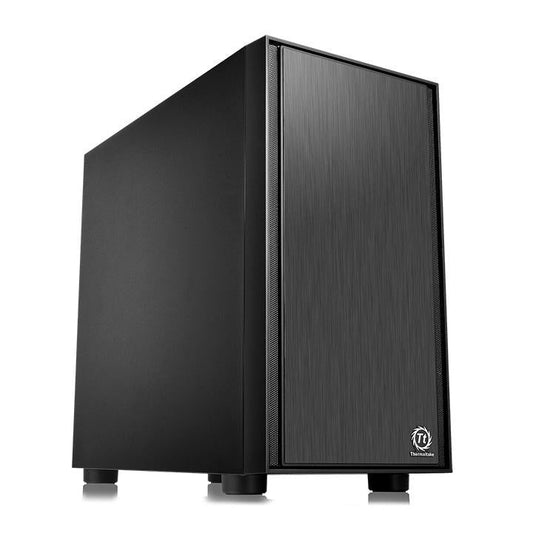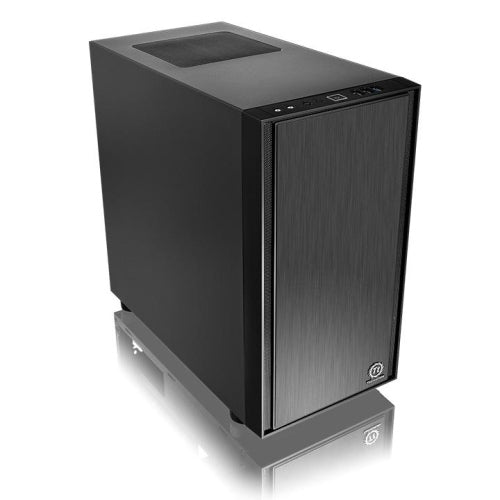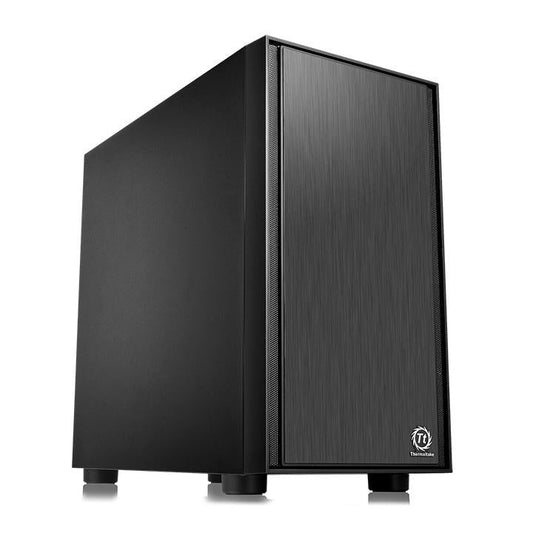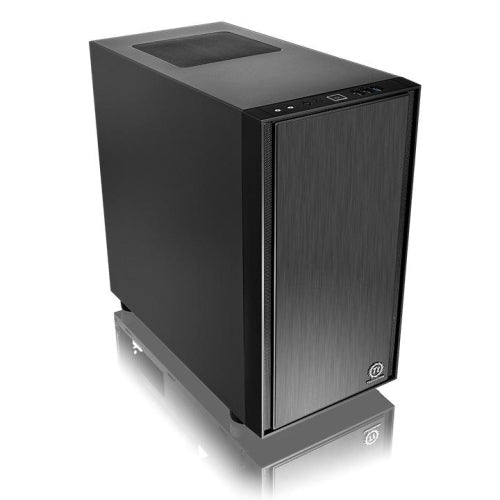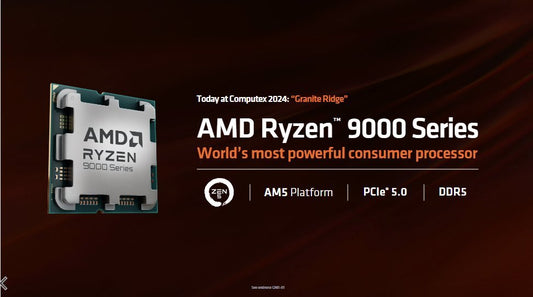Regular PC vs Gaming PC: How Are They Different?
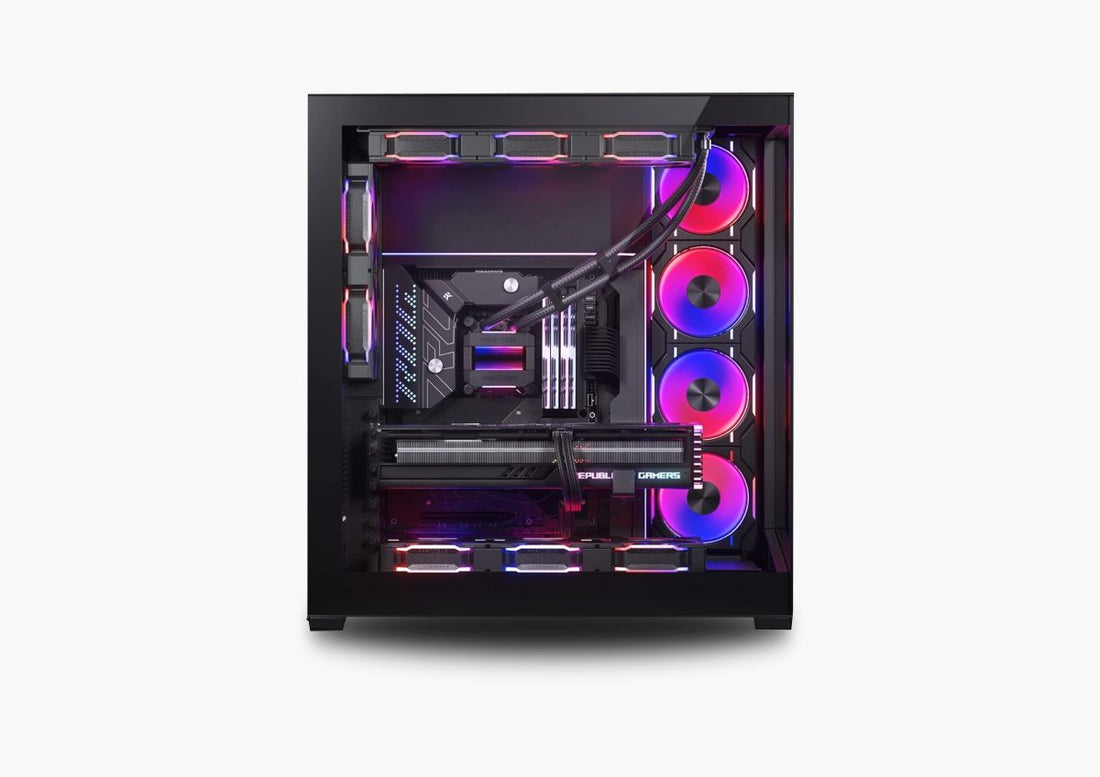
Share
When it comes to choosing a new computer, the options can be overwhelming. Should you go for a regular PC or invest in a gaming PC? What are the main differences between the two? Let's break it down.
Performance
One of the biggest differences between a regular PC and a gaming PC is the performance. Gaming PCs are built with powerful processors, high-end graphics cards, and ample RAM to handle the demands of modern games. On the other hand, regular PCs are designed for everyday tasks like web browsing, word processing, and streaming videos.
Graphics
Graphics are another key factor that sets gaming PCs apart from regular PCs. Gaming PCs come equipped with dedicated graphics cards that are optimized for rendering complex 3D graphics and textures. This allows for a more immersive gaming experience with higher frame rates and better visual quality. Regular PCs, on the other hand, typically rely on integrated graphics that are sufficient for basic tasks but may struggle with demanding games.
Upgradability
Another important consideration is upgradability. Gaming PCs are often designed with upgradability in mind, allowing users to easily swap out components like graphics cards, RAM, and storage to keep up with the latest technology. Regular PCs may have limited upgradability options, making it more difficult to improve performance over time.
Price
Of course, all these extra features come at a cost. Gaming PCs tend to be more expensive than regular PCs due to the high-end components and specialized hardware required for gaming. If you're on a budget or don't plan on gaming, a regular PC may be a more cost-effective option.
In conclusion, the choice between a regular PC and a gaming PC ultimately comes down to your specific needs and budget. If you're a casual user looking for a computer for everyday tasks, a regular PC may be the way to go. However, if you're a serious gamer or need a high-performance machine for demanding tasks, a gaming PC might be worth the investment.

